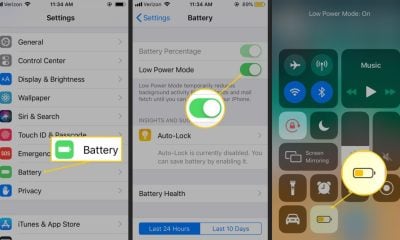Latest business news
How to Buy an iPhone with the Bajaj Finserv EMI Card
iPhones are on the wishlist of many Apple enthusiasts and gadget lovers. These smartphones, manufactured by Apple, one of the leading companies in the world, come with a wide range of cutting edge features

India News
Union Budget 2026 highlights: Nirmala Sitharaman Raises Capex to Rs 12.2 Lakh Cr, West Bengal Gets Major Allocation
Finance Minister Nirmala Sitharaman is presenting the Union Budget 2026 in Parliament today. Follow this space for live updates, key announcements, and policy insights.
India News
Union budget 2026 to be presented on Sunday with special trading session
The Union Budget 2026 will be presented on a Sunday for the first time in over two decades, with NSE and BSE announcing special trading sessions for the day.
India News
Modi says right time to invest in Indian shipping sector; meets global CEOs
-

 India News22 hours ago
India News22 hours agoManipur Assembly to meet at 4 pm today, floor test likely under new chief minister
-

 India News17 hours ago
India News17 hours agoPM Modi accuses Congress of anti-Sikh bias over Rahul Gandhi’s ‘traitor’ remark
-

 India News2 hours ago
India News2 hours agoPunjab AAP leader Lucky Oberoi shot dead in daylight attack in Jalandhar
-

 India News2 hours ago
India News2 hours agoPariksha Pe Charcha 2026: PM Modi to interact with students at 10 am today
-

 Latest world news2 hours ago
Latest world news2 hours agoBangladesh rushes to finalise US trade deal after India secures lower tariffs
















